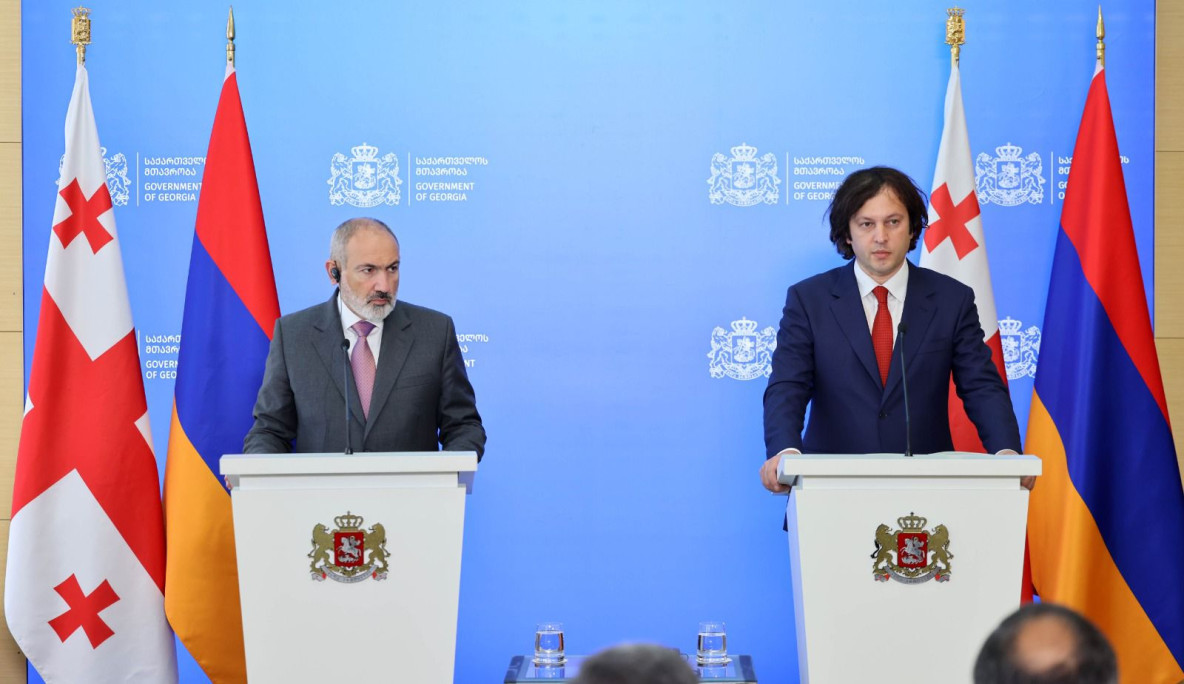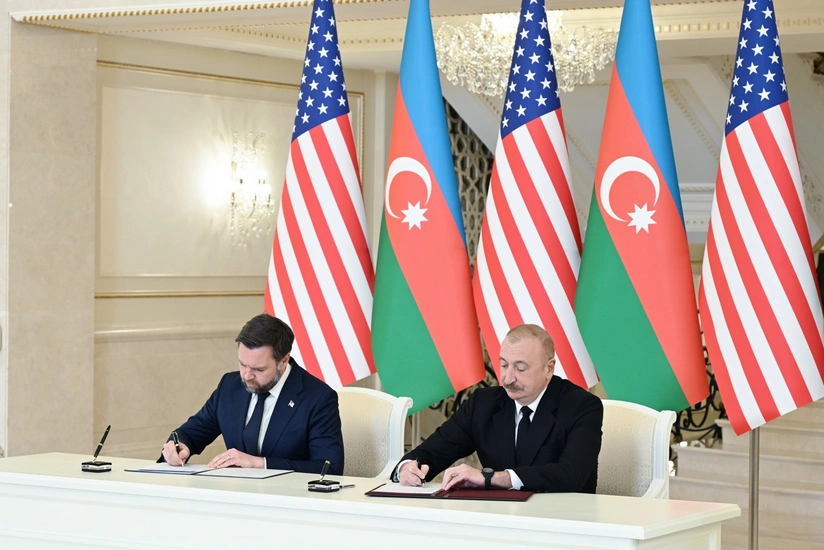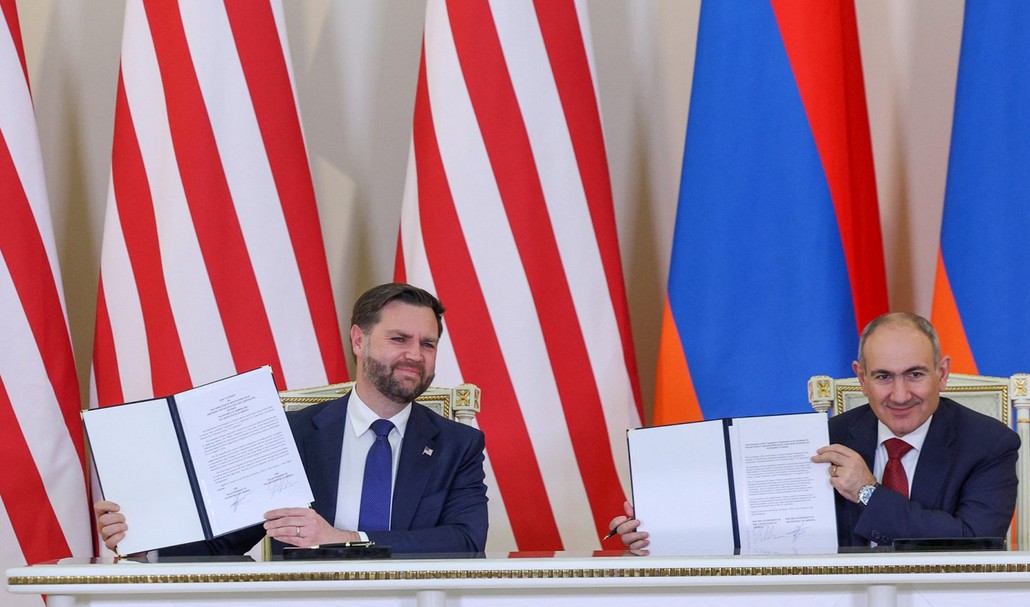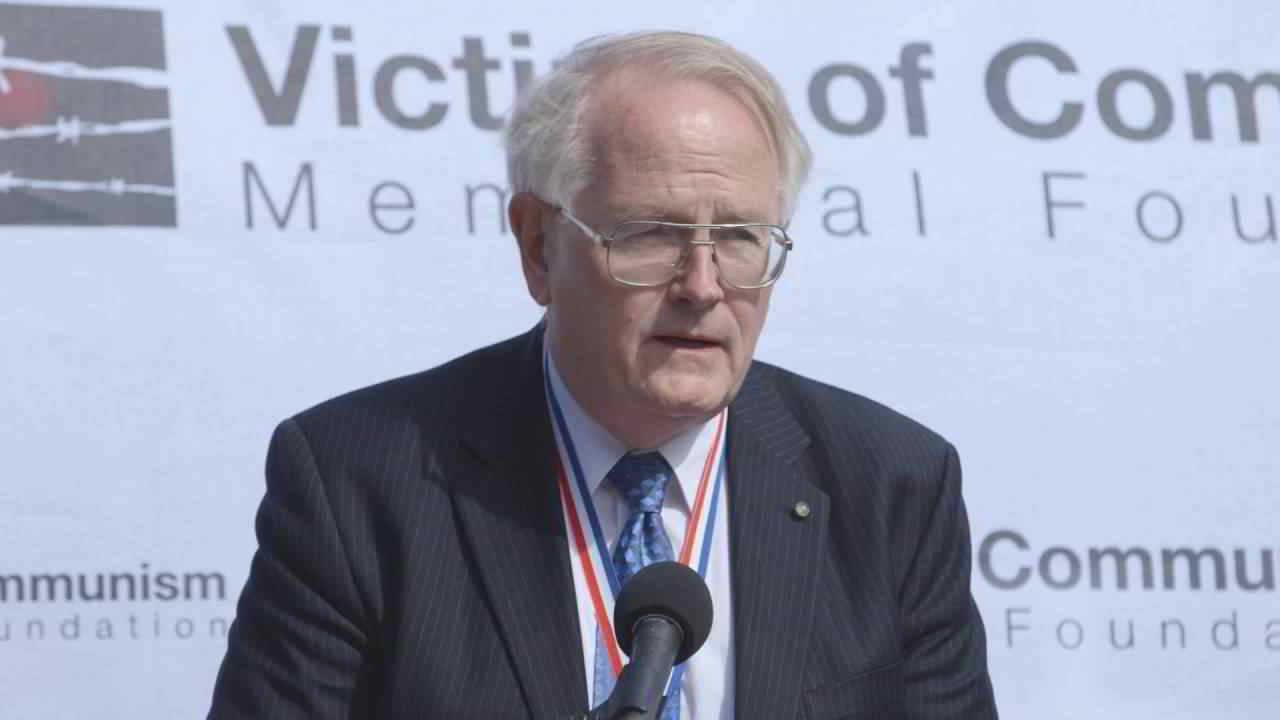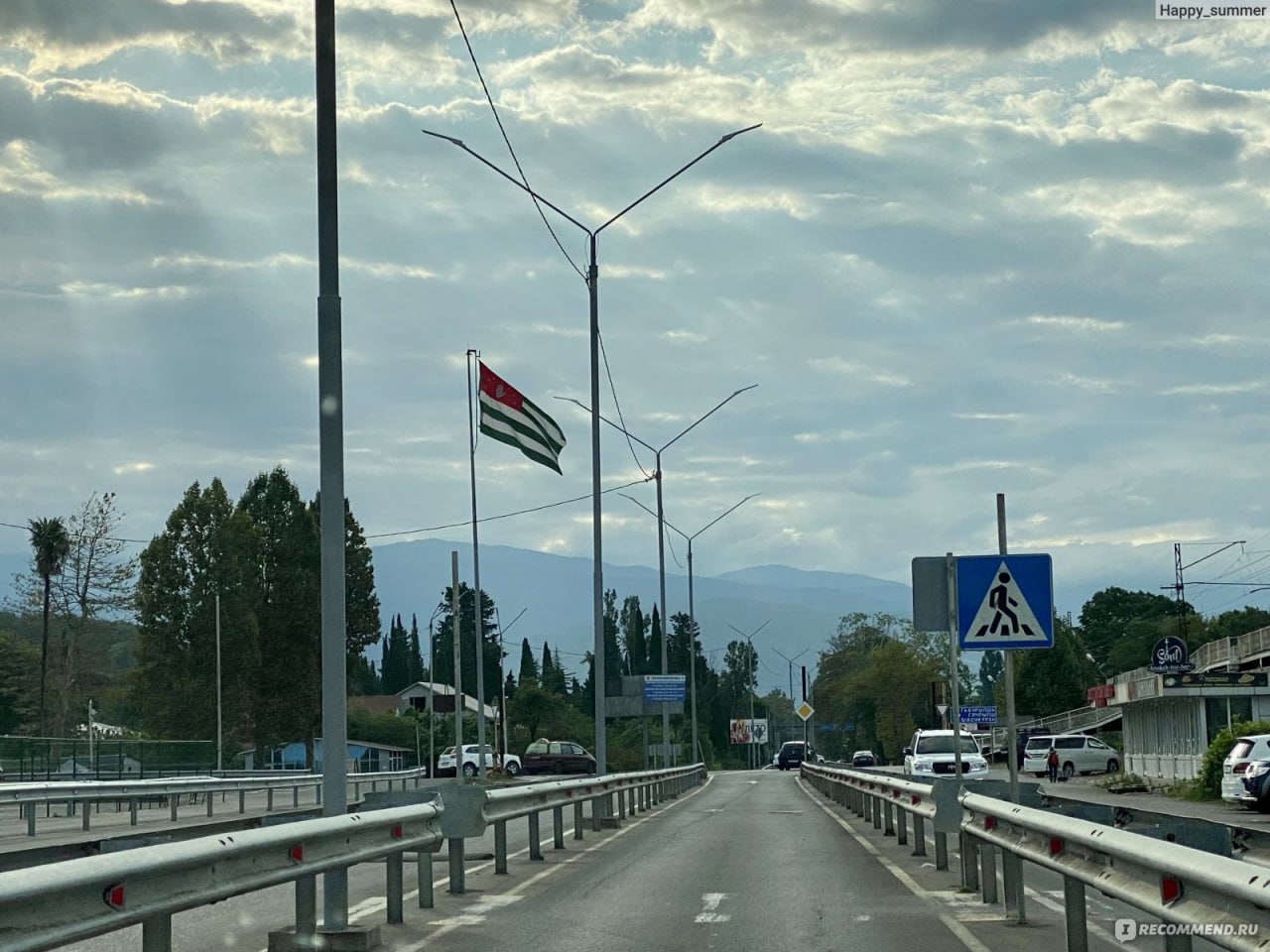As a result of nearly two years of negotiations, Armenia and Azerbaijan have managed to mostly agree upon about 80 percent of the text of the treaty on the establishment of peace and interstate relations. Armenian Prime Minister Nikol Pashinyan stated this during a joint press conference Monday after his private conversation with Georgian Prime Minister Irakli Kobakhidze, in the Georgian capital of Tbilisi.
„We [i.e. Armenia] have proposed to Azerbaijan to sign, in the nearest future, the provisions of the draft of that document and which have already been agreed upon, to establish diplomatic relations [with Armenia], and to continue discussions toward addressing all issues of mutual importance," said Pashinyan.
He emphasized that the unblocking and full operation of all economic infrastructures and channels is of key importance for the stability and economic development of the region—and which Armenia considers one of the priorities of its government.
"Our ideas about this are best reflected in the Crossroads of Peace project developed by the Armenian government, which I have presented to our international partners at the conference held in Tbilisi," the premier stressed.
According to him, there is a real historical opportunity to close the chapter of the conflict in the South Caucasus and establish lasting peace in the region.
"I am convinced also that the beneficiaries of this peace are not only Armenia and Azerbaijan, but also Georgia, Turkey, and Iran will benefit from it equally," Nikol Pashinyan added.
In recent years, a major activeness has been observed in relations between Armenia and Georgia, thanks to which we have managed to expand the multi-content cooperation between our countries in all domains. Armenian Prime Minister Nikol Pashinyan announced this during a joint press conference.
"The best proof of what has been said is that in January of this year, the cooperation between Armenia and Georgia was raised to the level of strategic partnership. Thus, we have managed to develop a viable mechanism of effective and periodic contacts, which is based on mutual interests, principles and democratic values adopted by the friendly peoples of our countries.
Armenia and Georgia mutually unconditionally respect each other's territorial integrity and sovereignty. They consider this fact one of the important factors for establishing stability and lasting peace in the South Caucasus. The existing cooperation between our countries is a practical reflection of our understanding of what the relations between the countries of the region should be—based on mutual respect, shared interests, and economic cooperation aimed at universal development," said Pashinyan.
"Today we had the opportunity to address a broad range of matters related to the establishment of long-term peace and strengthening of stability in our region. I have presented to my [Georgian] colleague the latest developments in the process of normalizing of Armenia-Azerbaijan relations.
During the negotiations with Azerbaijan within the framework of the border delimitation and demarcation process, we have managed to record some progress. Armenia and Azerbaijan have agreed to be guided by the provisions of the Almaty Declaration of 1991 in the further border delimitation process, which means that the administrative borders of the [former] Soviet republics shall be the basis of that process.
We [i.e. Armenia] expect that in the nearest future we will ensure practical progress also within the framework of the Armenia-Georgia border delimitation process, which we have already discussed and we have a shared understanding, which, I believe, is very important," added the Armenian PM.


